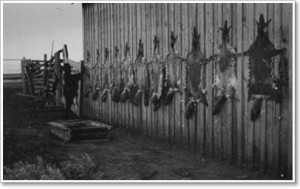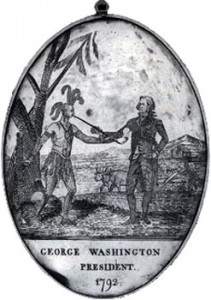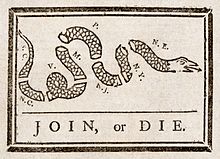The newly created United States knew that it needed to promote trade to flourish as a nation. Congressional members also understood that Native Americans were important trade partners who had been cheated or otherwise treated unfairly by unscrupulous traders in the past. The new government created Acts to regulate trading, and by 1790, prohibited trade or commerce with Native American tribes unless the traders were licensed by the government. A license to trade required a $1,000 bond, a huge amount of money.
George Washington recognized that a great deal of ill will had been generated by both unfair trade practices and white encroachment on Indian land. In his fourth annual address, he said, “I cannot dismiss the subject of Indian affairs without again recommending to your consideration . . . for giving energy to the laws . . . for restraining the commission of outrages upon the Indians.”
Washington’s idea was to employ government agents to reside among Indians to promote peace and good relations. Though this may have been a laudable idea, he also fell in with the accepted racism of the time. He also wanted a plan “for promoting civilization among the friendly tribes” as well as for promoting trade with them.
______________________________________________________________________________________


